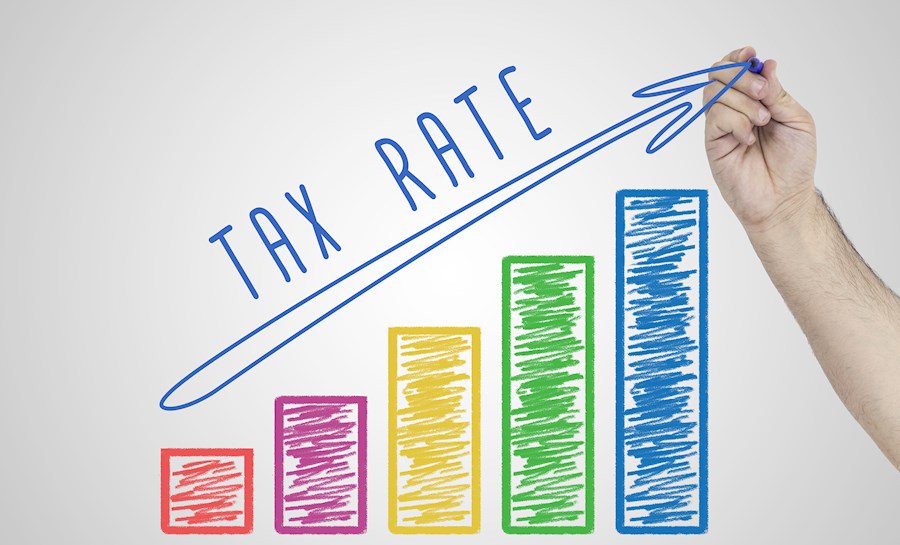Facebook and Google control more than half (57.6 percent) of the digital advertising market worldwide.
The Rate Google is a project of reform of the well-known Law of Intellectual Property that forces to pay to the providers of services and news aggregators to link and to show content of means of communication.
The Google Rate will have a cost for the user close to 30 euros per year
It is no secret to anyone that Google is one of the most important companies in the world of digital advertising. According to a report delivered by Visual Capitalist, Facebook and Google control more than half (57.6 percent) of the digital advertising market worldwide. This means that every dollar that advertisers spend on digital land, 60 cents remain in the basket of that duopoly.
Although the company of Mark Zuckeberg has shown its dominance in the field, the truth is that the “Great Seeker” has various capitalizable assets in advertising terms, which in addition to exceeding the supply of Facebook in quantity, also do so in terms of innovation and vanguard. Your voice developments are clear example.
What this means in terms of competition has not been foreign to anyone and in order to limit the growth of this giant in prejudice of other players related to the delivery of information or provision of advertising solutions came what is known as Google Rate.
What is the Google Rate?
According to what was published by IEBS, the so-called Google Tax-imposed during 2015- “is no more than a canon, a reform project of the well-known Intellectual Property Law that obliges the payment of service providers and news aggregators by link and display media content. It is called Canon AEDE because the Association of Spanish Newspaper Publishers is in charge of distributing the amount of the sanction to these aggregators “.
In recent years, this concept was joined by one more related to digital services offered by the company. With this variant, the so-called “digital rate” is a tax raised by the European Commission to tax certain income of the multinationals of the digital economy, such as Google and Facebook.
In Spain, the government presented its adoption of this tax in a preliminary bill in October 2018 under the name of Tax on Certain Digital Services, and is intended for companies that reach a turnover of more than 750 million euros worldwide and over three million euros in Spain.
Why should your brand be interested?
Just within this last definition, there is the controversy that now occupies many brands within the Spanish market, since this tax that taxes the digital services of intermediation, advertising and sale of data with 3 percent of the value of each proposal supposes a double-edged sword that, in principle, could have large-scale impacts for the business of companies and, in a second moment, for users.
At least this is indicated by the results of the study “Impact of a tax on digital services in the Spanish economy”, prepared by the consultancy PwC for Ametic and Adigital, which refer that this tax will have a cost for the user close to 30 annual euros as a result of the transfer of the tax to the price of the products and services that are delivered to the consumer.
To make it clear, this will be the awareness of the decline in VAT collection and in the turnover of companies, derived from the implementation of the Google Rate.
To be precise, the report indicates that the profits of the companies will be affected in an amount ranging between 450 and 562 million euros, while GDP will also affect 662 million.
A running trend?
Although this problem, for the moment, is concentrated in European markets -mainly in Spanish- the truth is that in other regions such as Latin America the awareness of the power of these companies begins to sound within different industries, so that It would be strange that in a few years-not so far-the demand to tax services to improve the competitiveness of the sector.
Recall that, at first, this canon emerged in Spain to combat Google News and its news service, which was closed. However now the tax is maintained and companies as well as the consumer seem to be the most affected.

